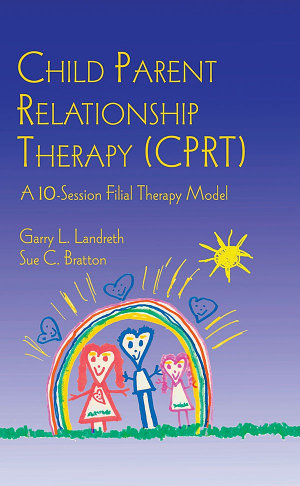 These and more concepts will be taught during Garry Landreth’s Conference on February 17 and 18, 2017. We are looking forward to this amazing two-day training!
These and more concepts will be taught during Garry Landreth’s Conference on February 17 and 18, 2017. We are looking forward to this amazing two-day training!
If you’d like to register, please go to the Events tab here.
*Rules of Thumb:
- Focus on the donut, not the hole!
- Be a thermostat, not a thermometer.
- What’s most important may not be what you do, but what you do after what you did!
- The parent’s toes should follow his/her nose.
- You can’t give away what you do not possess.
- When a child is drowning, don’t try to teach her to swim.
- During play sessions, limits are not needed until they are needed!
- If you can’t say it in 10 words or less, don’t say it.
- Grant in fantasy what you can’t grant in reality.
- Big choices for big kids, little choices for little kids.
- Never do for a child that which he can do for himself.
- Encourage the effort rather than praise the product.
- Don’t try to change everything at once!
- Where there are no limits, there is no security.
- Good things come in small packages.
See CPRT Treatment Manual for detailed information.
* Other Things to Remember:
- Reflective responses help children to feel understood and can lessen anger.
- In play, children express what their lives are like now, what their needs are, or how they wish things could be.
- In the playtimes, the parent is not the source of answers.
- Don’t ask questions you already know the answer to.
- Questions imply non-understanding. Questions put children in their minds. Children live in their hearts.
- What’s important is not what the child knows, but what the child believes.
- When you focus on the problem, you lose sight of the child.
- Support the child’s feeling, intent, or need, even if you can’t support the child’s behavior.
- Noticing the child is a powerful builder of self-esteem.
- Empower children by giving them credit for making decisions: “you decided to _________.”
- One of the best things we can communicate to our children is that they are competent.
- Encourage creativity and freedom—with freedom comes responsibility.
- “We’re about to institute a new and significant policy immediately effective within the confines of this domicile.”
- When we are flexible in our stance, we can handle anger much more easily. When parents are rigid in their approach, both parent and child can end up hurt.
- When unsure of what to say to child or what to do, ask yourself, “What action or words will most preserve the relationship or do least harm?”
- Live in the moment—today is enough. Don’t push children toward the future.
See CPRT Treatment Manual for details.
*From Child Parent Relationship Therapy (CPRT) Treatment Manual: A 10 Session Filial Therapy Model for Training Parents, by Bratton, S., Landreth, G., Kellam, T., & Blackard, S.R. (2006). New York: Routledge.
